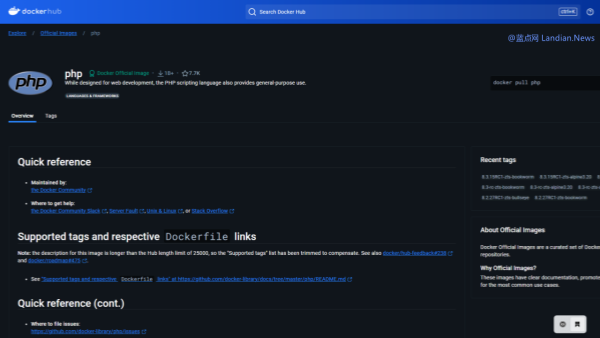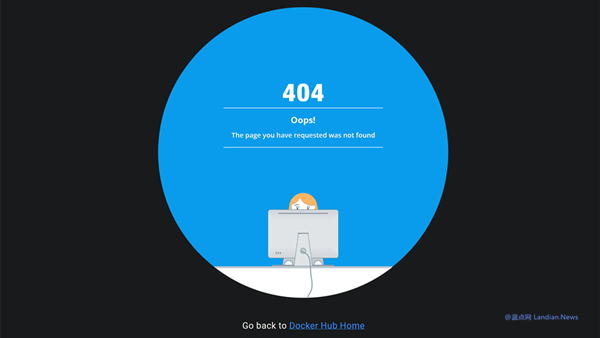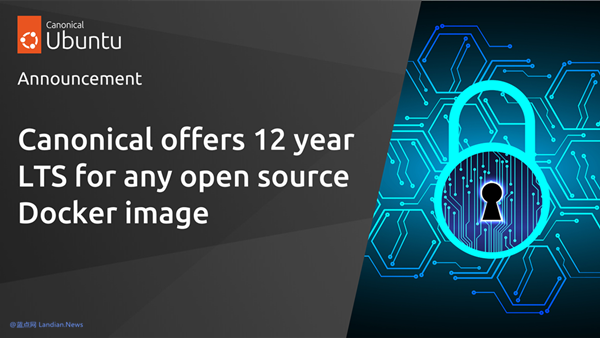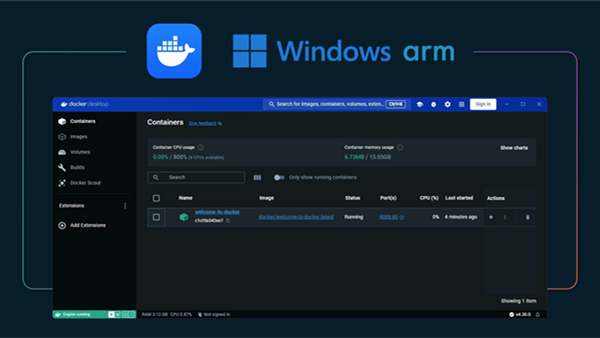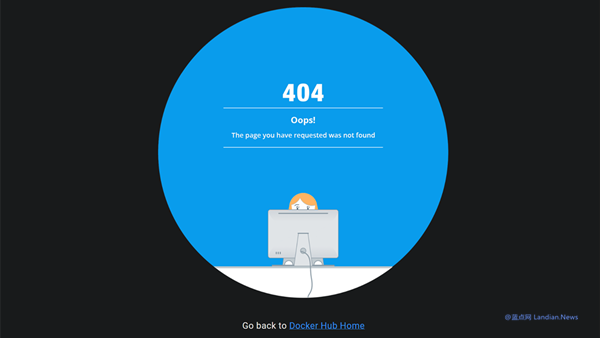Docker Releases Security Update to Fix Long-Standing Permission Bypass Vulnerability, Urges Users to Upgrade Promptly
Virtualization and container service developer Docker recently released a security update to address a critical security vulnerability in certain versions of Docker Engine, which could allow attackers to bypass authorization plugins under some circumstances.
This vulnerability was initially discovered and addressed in the Docker Engine v18.09.1 release in January 2019. However, due to some reasons, the fix did not take effect in subsequent releases, leaving all later versions vulnerable.
The flaw was rediscovered in April 2024, and it wasn't until today that the Docker team released security patches for all supported versions of Docker Engine to completely rectify this security loophole.
It remains unclear whether attackers have exploited this vulnerability to access unauthorized Docker containers over the past five years. Nonetheless, it is highly recommended for Docker users to immediately upgrade to the latest version.
Vulnerability Overview:
Identified as CVE-2024-41110, with a CVSS score of a perfect 10, attackers could send specially crafted API requests with a Content-Length of 0, tricking the Docker daemon into forwarding these requests to the AuthZ authorization plugin.
Typically, API requests contain necessary data in the request body, which the authorization plugin checks to make access control decisions—lack of information typically results in access denial.
However, when the content length is set to 0, the authentication plugin fails to perform proper validation, posing a risk of unauthorized privilege escalation to Docker.
Affected Versions:
Versions affected if using authentication plugins include Docker Engine v19.03.15, v20.10.27, v23.0.14, v24.0.9, v25.0.5, v26.0.2, v26.1.4, v27.0.3, and v27.1.0.
Users not utilizing authentication plugins will not be affected. The core of this vulnerability is the authentication plugin, and without it, all versions, as well as Docker commercial products, are unaffected.
Docker has released versions v23.0.14 and v27.1.0 to address this issue. It's worth noting that Docker Desktop v4.32.0 is also vulnerable, and Docker plans to fix this in the upcoming v4.33.0 release.
For users unable to upgrade promptly, it's advised to disable the AuthZ authentication plugin and restrict Docker API access to only trusted users, denying access to all others.

